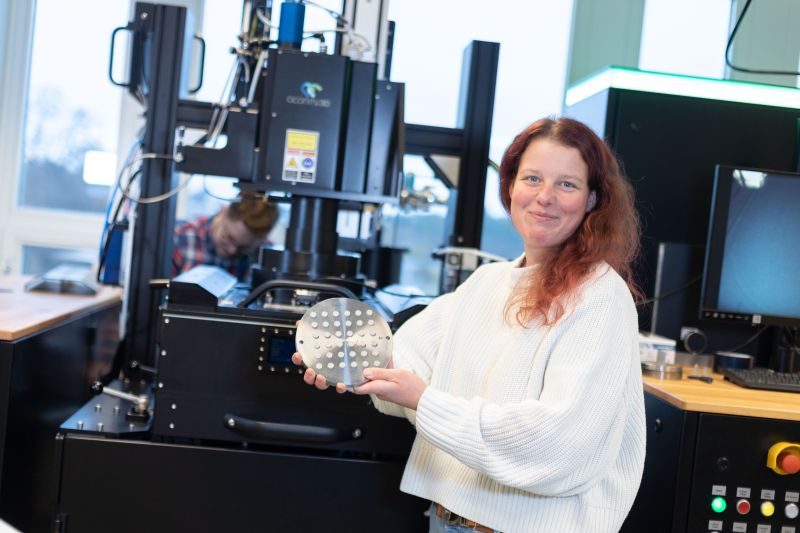Complementary Training Opportunities

Master’s Programme in Additive Manufacturing – Uppsala University, Sweden
The Master’s Programme in Additive Manufacturing at Uppsala University will provide you with a robust theoretical understanding of additive manufacturing and 3D-printing processes, and the practical skills to apply such methods to solve real-life problems. These skills are highly sought-after in many industries, and the field enjoys a strong projected labour market in the private sector. 3D printing healthcare is a rapidly growing area in research and industry, projected to be worth over $6B+ by 2030.
Principles of Innovative Doctoral Training by BioTrib
All five universities are in the global 1%. Three in the top 100 with two, ETH Zurich and Imperial in the top 15 (Times Higher Education Ranking[source]) – all make significant investments to maintain their positions (e.g. the University of Leeds has invested over €500M in new facilities including the new Bragg Centre infrastructure complex for engineering). All have international reputations with facilities to support ESRs. The industrial beneficiaries are leaders in their fields with SimSol being a leading joint simulator manufacturer.
The ESRs will be hosted in ‘state-of-the-art’ facilities with high end computational and experimental equipment as well as experienced support services familiar with EU grants. Each beneficiary provides a supportive professional environment, adhering to the European Charter for Researchers.
All the ESRs will be located in substantial engineering groups which have significant expertise in fields such as Tribology (University of Leeds, Luleå University of Technology), Biomechanics (ETH Zurich) Computational Fluid Dynamics (Imperial College London), and Polymer Science and Multifunctional biomaterials (Luleå University of Technology) and Material Science (Uppsala University), which together converge to form an interdisciplinary collective. Exposure to other fields will be generated through colloquium series, application of novel techniques in bioengineering and the supervision by personnel from outside the core medical engineering field.
Exposure to industry is a key feature of bioengineering where researchers are exposed to different sectors, most notably the healthcare and medical device manufacturing domains. In BioTrib this will be enhanced through the delivery of industrial and/or clinical secondments, supervision by experienced personnel from different sectors and participation in the career development plan.
BioTrib is partnered with 11 organisations providing expertise from healthcare, R&D, and medical device manufacturing industry leaders.
The ESRs have significant opportunities to develop an in-depth understanding of the Pan-European dimension in healthcare engineering and the development of deep and lasting networks. This will be gained through secondments, short visits, shared research goals and conference presentations. We have 3 entities from outside Europe, 2 from China and 1 from Australia reflecting the truly global aspect of the medical device market.
Transferable skills training is provided through practice based training, network wide courses delivered in BioTrib and local host training at each beneficiary. In particular, the Innovation Manager will provide mentoring and tutoring on the requirements for successful exploitation. Secondments play a key role in the uptake of transferable skills by each ESR through placement in an environment not accessed in the academic units alone.
